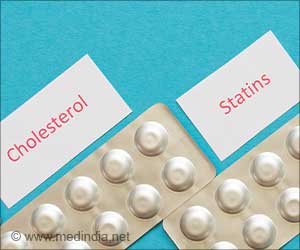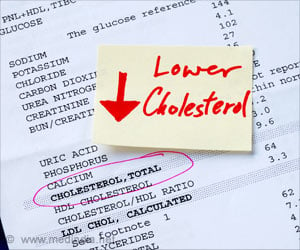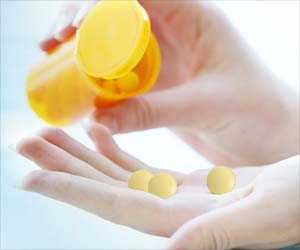
The injected material — targeting a recently-identified cholesterol regulator — is a monoclonal antibody that’s a laboratory-made human protein. Monoclonal antibodies are already used to treat certain cancers and other medical conditions.
In the study, scientists created the monoclonal antibody AMG145 to disable the cholesterol regulator PCSK9, which interferes with the liver’s ability to remove bad cholesterol from the blood. Therefore, turning it off improves cholesterol levels.
"PCSK9 is the first target in lipid metabolism to be inhibited using a monoclonal antibody, and it appears to be a promising way to lower bad cholesterol," said Clapton Dias, Ph.D., lead researcher and medical sciences director of clinical pharmacology and early development at Amgen, Inc., in Thousand Oaks, Ca.
The study involved 54 men and two women, 18 to 45 years old, who were healthy and not taking other medications. Participants received a single injection that contained one of five doses of AMG145 or a placebo. Sixteen received the injections intravenously and the others got simple injections that delivered the drug just underneath the skin.
After the injections, bad cholesterol was measured frequently for 85-113 days, along with other laboratory measures related to heart disease.
Advertisement
- Less of the active form of PCSK9;
- Lower levels of bad cholesterol, total cholesterol and apo-B (the primary protein component of bad cholesterol);
- No effect on triglycerides, high density lipoprotein ("good" cholesterol) or a protein associated with good cholesterol — all lipid measures were not influenced by the PCSK9 regulator.
"The more PCSK9 was lowered, the more bad cholesterol levels went down," Dias said. "With higher doses, bad cholesterol stayed lower for a longer period."
Advertisement
The study included a small number of participants, and they were healthy. So the company is conducting a similar study that gives multiple doses of AMG145 to adults who take statin medication to control their cholesterol.
If AMG145 proves safe and effective in further clinical trials, it could help people unable to control their cholesterol with current medications that work in different ways.
Source-Eurekalert














